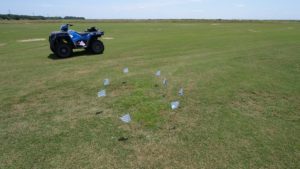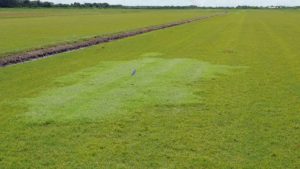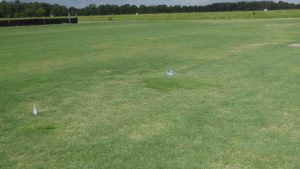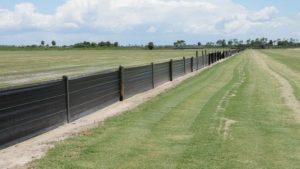
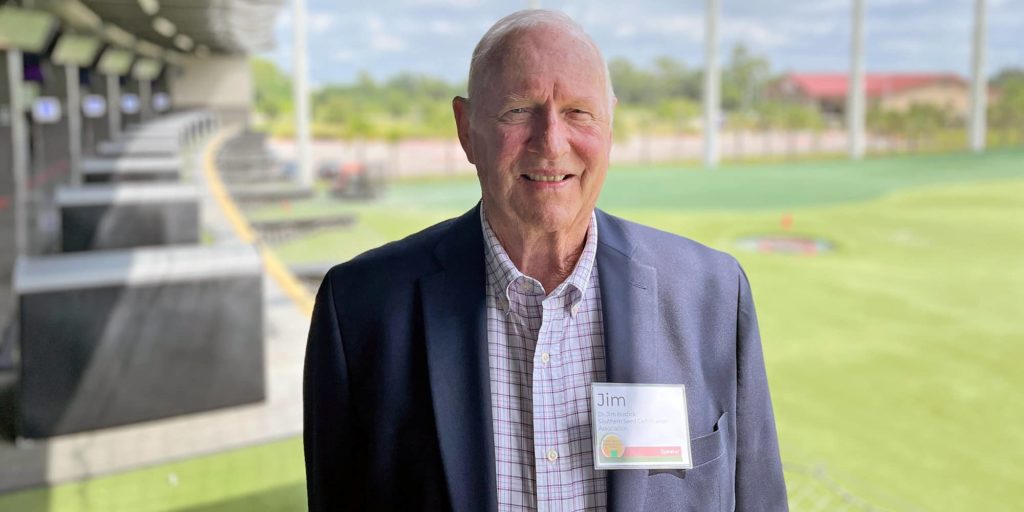
Dedication to Agriculture is the “Way of Life” for Dr. Jim Bostick
Dr. Jim Bostick has spent his entire life working in agriculture. Currently the Executive Vice President of the Alabama Crop Improvement and Southern Seed Certification Association (SSCA), Bostick said the best way to describe American agriculture is “way of life” for him.
“It takes a lot of dedication, commitment and understanding that there will be good times as well as tough times in any business you go into, I guess. But in agriculture, we’re regulated to a large degree by the government and we’re at the mercy of weather so there are a lot of things that we can’t control in the world we live in,” Bostick said. “But, by the grace of the Lord, so far, we’ve been able to maintain the standard of living that the American public has grown to love and expect.”
The purpose of the SSCA is to make available, through certification, seed of new and improved varieties that have been grown and handled in a manner to maintain genetic purity. The SSCA is part of a system that begins with plant breeding and continues by being able to maintain the genetic material that breeders develop through seed certification. Through this system, the SSCA maintains purity and makes those seeds available through certification programs to consumers across the country.
“If we didn’t have this system and just let collaborators develop a new variety and turn it over to the public, the genetic material would be lost because they wouldn’t maintain the genetic purity like the SSCA, as well as other certification agencies, do,” he said.
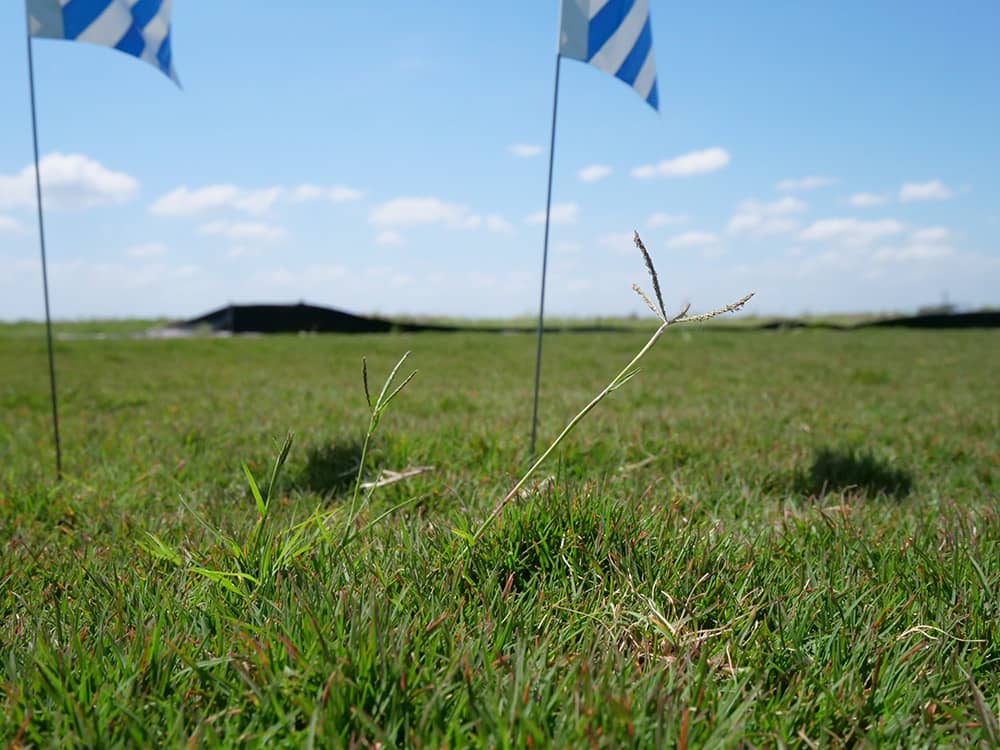
SSCA turf field inspection shows flags marking off-types in a field.
Bostick explained his favorite part of his job is meeting and visiting people that are beginning to understand turfgrass and food products and where they actually come from. He said when people tour their facilities, they tell them to take a look at everything on their dinner plate and that everything on that plate is a product of plant breeding, or of the animal breeding improvement process if you’re eating meat.
“It’s all a part of the system that we’re involved with. Right now, American people can go to the grocery store and have the greatest choice of the safest food in the world,” Bostick said. He explained that less than 2% of the American public works in agriculture.
“People really don’t understand the complexity and the systems that have to work in order for them not to have to worry about where their food is or what kind of turfgrass they’re gonna walk out on when they go play their Saturday afternoon game of golf. All they know is it’s there. They don’t really know where it came from, or who put it there or how it got there.”
Bostick said it’s important to have a little insight that things don’t just happen by themselves, and it takes a lot of hard work. Another example he shared would be if you went to a baseball game and ate some peanuts today, it’s more than likely those peanuts were in the breeding process and development at least 10 years ago. Then, about three to four years ago, that peanut variety was in the development and production stages to make it available so now anyone who wants to get that variety, they can get it. “It’s the same way with turfgrass. It doesn’t happen overnight,” he said.
Bostick’s Background
Dr. Bostick grew up in Southeast Alabama in Headland. Ironically this is where the SSCA office is located today. He went to high school in Abbeville, AL and after graduating went on to Auburn University where he earned his bachelor’s science degree in vocational agriculture and a master’s degree in agronomy and soils.
As a graduate student, Bostick worked for the Alabama Crop Improvement. From there he went to Mississippi State for a Ph.D. program in seed technology. When he graduated he returned to the Alabama Crop Improvement, which was building a foundation and seed certification program.
He explained learning about seed certification and plant breeding was a new world for him and he was very interested in it. “The whole realm of seed and seed technology and the basic factors we have to make agriculture work for everybody, and everything is important. Seed is crucial, farms are crucial and everything that we do in agriculture is crucial to make the system work,” Bostick said.
Bostick explained it was at that time the Florida Certification Program began running into some issues so they asked if they could work with the Alabama Crop Improvement. “That’s when the Southern Seed Certification Association (SSCA) was born, in 1996. Since that time the SSCA has been responsible for the seed certification in Alabama and Florida, which would include the turfgrass program,” Bostick shared.
“Currently we have about 4,600 acres of turfgrass in the programs and it’s evenly divided between Alabama and Florida.”
He went on to explain it was at that time that the Alabama Crop Improvement Association assumed responsibilities for the Foundation Seed Program in Alabama. Florida has its own program, operated by the Florida Foundation and Seed Producers, which is headed by John Buettenmueller. Buettenmueller is also in charge of licensing agreements and commercialization of different turfgrass varieties and Bostick works with Auburn for the commercialization of different varieties developed by the university’s breeding programs.
“We work very closely together. His program in Florida and our program in Alabama are very similar. In Florida, there are about 25 plant breeders that are working with different crops. In Alabama we don’t have near that many,” Bostick said.

Southern Seed Certification Associations turf field inspections.
Certification Process
The SSCA goes through a system where they take a very small amount of seed or propagation material (turfgrass) and go through a systematic method of reproduction to maintain purity. The method includes breeder seed or propagation material that is pure and it is reproduced through a system using standards developed by the Association of Official Seed Certification Agency (AOSCA). Bostick said all seed certification programs across the country as well as five global entities have membership of AOSCA.
This regulates the progression of seed or propagation material from Breeder, then expanded to Foundation under procedures to maintain genetic purity and identity. From there seed or material can be expanded as Registered. Lastly, a seed or plant material progeny of Breeder, Foundation or Registered can be expanded to Certified if grown under standards to maintain purity and identity. Expanding from Breeder to Foundation to Registered to Certified must be done under standards set forth by AOCSA. “The system we have has been developed over many, many years. It goes back to the early 1920s-30s when we actually first started this certification program within this country,” Bostick shared.
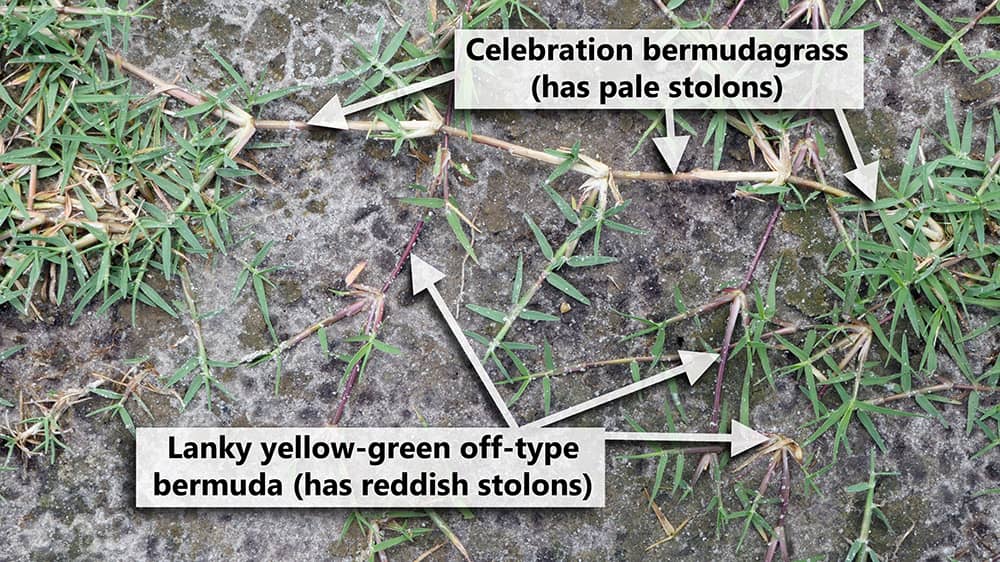
SSCA inspection shows the difference between Celebration bermudagrass and another bermuda.
In their system, each classification category is marked with either a label (seed) or certificate (turfgrass) that can be clearly identified and recognized in each state, regardless of where the grass or seed is grown. Foundation is labeled with white labels, Registered with purple labels and the Certified generation is marked with blue tags. The SSCA works more closely with turfgrass varieties developed by land grant universities but there is also a whole public sector of plant breeding. Bostick explained public or private companies have to decide whether they join the seed certification program.
He explained most companies join the SSCA because it’s a good way to track all their seed production. Also, the SSCA participates in intellectual property rights programs with seed so it’s a good way for companies to track the usage of their varieties, royalty collections, etc. The SSCA also offers identity preservation programs and quality assurance programs. “If the company doesn’t specifically want to go the certification route, we have other programs to maintain the genetic purity as well.”
Pictured above are photos from SSCA turf field inspections.
Digital Advancements
Bostick explained that currently Certified grass has to be denoted with triplicate certificates that are filled out by hand. But, given the technology available today, he said they’re revealing a digital system that will be much more efficient to allow producers to print their own tags and labels when printing an invoice. He said they will have the option to keep their record-keeping system via certificates or by using the new digital option. He explained the digital system will help both a producer and SSCA with record-keeping that they are required to upkeep.
The digital system can track how many loads, and how many square feet have come from a certain field on a specific farm. Bostick said that this will accurately keep up with the inventory of what they have in their fields, as well as help with reporting the certified product back to SSCA. “The digital system will be a much faster, more appropriate system for the world we’re living in today,” he said.
Bostick said some neighboring states are further along, but the SSCA is in the early development stages. They hope to start with a soft introduction of the digital system with a few certified growers to perfect it before offering it to anyone interested. “By this time in 2023, we should be able to offer it to our certified sod producers,” he hopes.
Bostick said they aim to also have continual educational processes to help with all the new varieties and breeding programs that are going on. He is hopeful more sod producers will meet the requirements and volunteer to be a part of their program which he believes is necessary to maintain genetic purity.
He also explained most newer varieties are required to be certified so that type of intellectual property tracking system can be implemented. “We’re not here to impede business, we are here to help. It’s a voluntary type of system but once you agree to participate in the system, then you must abide by the rules and regulations that we have established in order to make our products carry the blue tag and carry it proudly.”
For more information about SSCA, visit https://southernseedcertification.org.
This article was written by Cecilia Brown.

